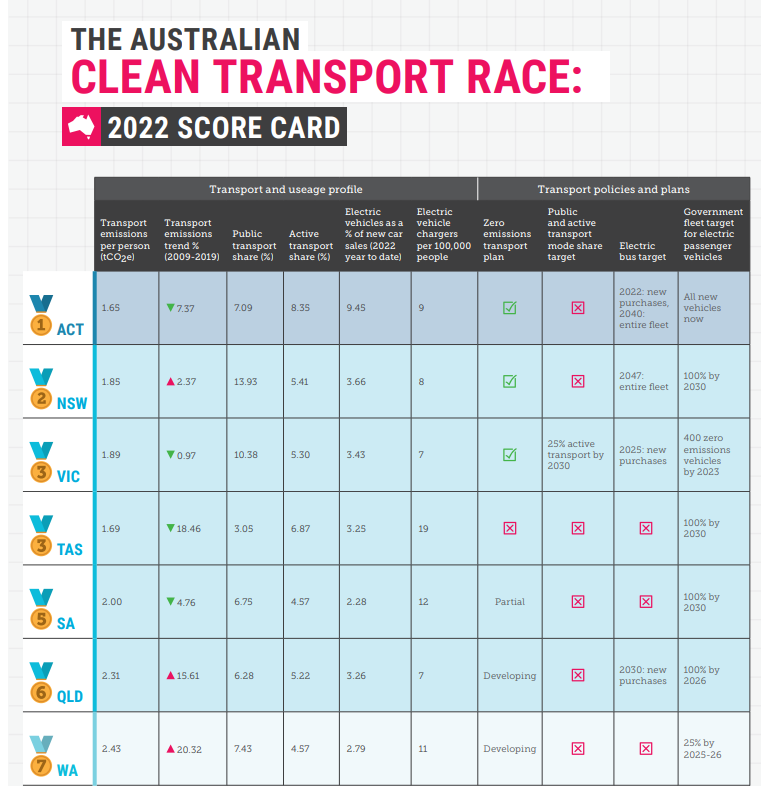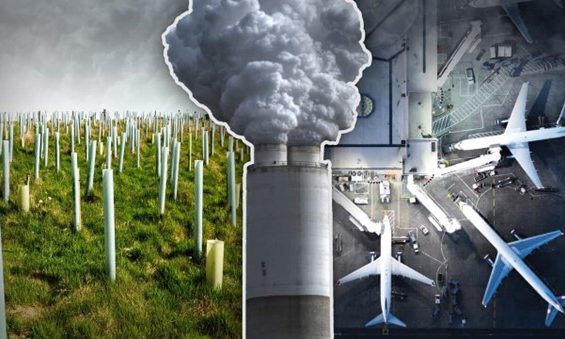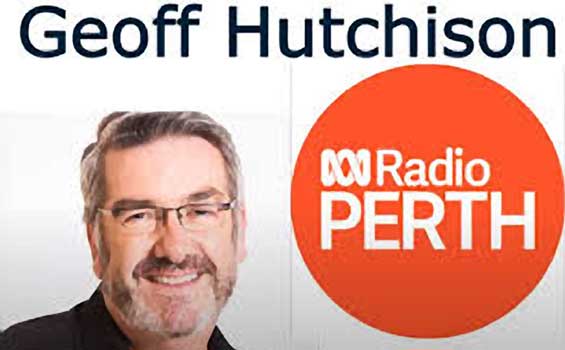
Reflections on WA’s Legislated Emissions Target Part Two – WA and a 2030 Target
26 January 2023
What should WA’s 2030 emission reduction target be?
On one hand, WA will find it harder to bring industrial emissions due to our gas and mining sectors but on the other hand, electricity will be easier due to our immense sun and wind resources,
In responding to this question Prof Bill Hare said to ABC radio that WA should at least be in the ballpark of the national target – which is 43% down from 2005 levels.
If WA was to align with the national target what would this mean for emissions in 2030?
In 2005 WA’s emissions were 76 million tonnes. A 43% reduction on this 2005 level would require WA to reduce emissions by around 32.4 tonnes. This would mean WA’s emissions would need to sit at about 43.5 million tonnes pa by 2030.
But given WA is the only state where emissions have gone up since 2005 – NSW has cut emissions by 17%, Victoria by 25%, Queensland by 14%, South Australia by 33%, and Tasmania by 109%- it will mean more than this reduction.
In 2019 WA’s emissions had risen 21% to 93 million tonnes per annum. While there was a COVID drop in 2020, and probably 2021, emissions are expected to jump up again from 2022 and beyond.
In summary, what this means is WA reducing emissions by 43% by 2030 on 2005 levels would mean in reality emissions reductions of well over 50% on current levels over the next 7 years between now and 2030 if WA is to do its fair share.
Analysis I did last year with Climate Analytics showed that at the very minimum WA would need to reduce emissions by 48% to do its minimum amount based on what other states have committed to help Australia meet its legislated 43% target.
This might sound daunting, because it is.
But on the upside, WA is rich with opportunities in the clean energy transition. We have sun, wind, land and people to be a renewable energy superpower.
I hope this week’s announcement is just a starting point for the McGowan Government to step up to the urgency of the situation and make even more ambitious announcements in 2023. The excuse that it’s too hard because we’re a mining and gas state doesn’t cut it. We’re under performing in almost every other sector too. Take the analysis the Climate Council did on state transport emissions late last year in which WA in the worst performing state:

These will need to be announcements with real detail and immediate action – not just a far-off 2050 target and no serious plan to get us there.



This legislation is optional on business and will mean they will ignore it. Why would they do otherwise if it costs them profits? There are no mandatory targets. Legislation that has no penalties and is unenforceable is not worth the paper it’s written on. This is PR greenwashing and nothing else. Please make a stink out of this totally inadequate response to the massive threat of climate change.
The default national and state GHGe estimates are LULUCF inclusive. The most recent data is for 2020. If you check this out with WA, you will find that GHGe have risen from 78.5 Mt-CO2e in 2005, to 82.1 Mt-CO2e in 2020 which is a 4.6% increase. Sounds small right? But if you do not include LULUCF, which is the more reliable accounting standard, you can see that in WA GHGe have grown from 67.4 Mt-CO2e to 96.2 Mt-CO2e in 2020, which is a massive 43% increase. So minus LULUCF, the national goal of a 43% reduction simply takes us back to 2005 levels, if we were to achieve it. That is an awesome enough challenge, but the WA Government is planning to expand emissions with further gas project approvals. What they have committed to so far on GHG-e reduction, is simply state sponsored greenwashing.
WA : a state of mined
Greenwashing is misleading and deceptive conduct. It is a fraud and it is illegal.
According to the WA Corruption and Crime Commission (WA CCC).
It is harmful to the environment and to people and must be stopped.
The WA CCC does not allow any form of Misleading and Deceptive Conduct by Public Officers:
• State Government employees,
• Members of government boards or committees
• Members of parliament
• Local Government employees
• Local Government elected members (Mayors or Councillors)
• All employees of public universities
• Employees of government trading enterprises
• Some volunteers.
Or
• Not-for-Profit organisations.
Report serious misconduct here https://www.ccc.wa.gov.au/report_misconduct